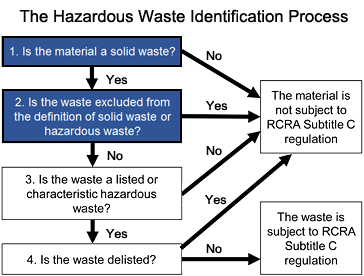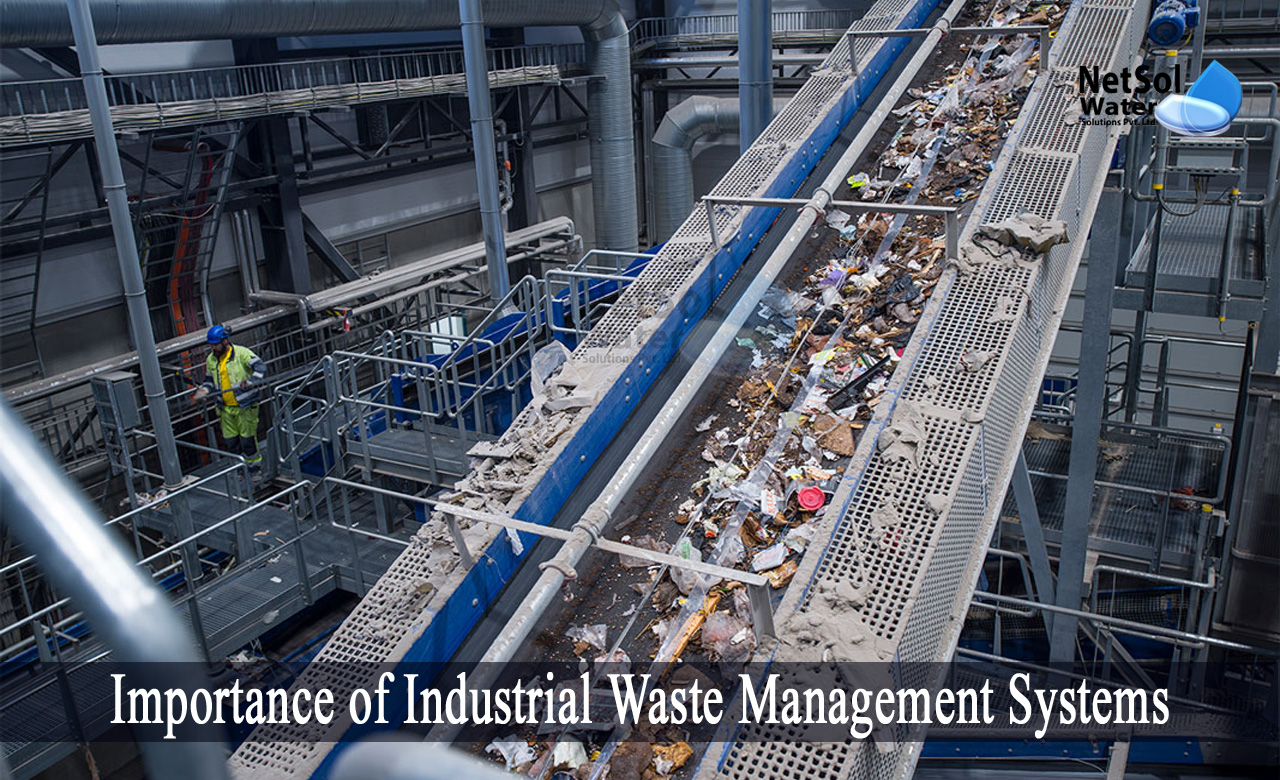Reclaim Waste - Truths
Reclaim Waste - Truths
Blog Article
The smart Trick of Reclaim Waste That Nobody is Discussing
Table of ContentsExamine This Report about Reclaim WasteAn Unbiased View of Reclaim WasteThe Main Principles Of Reclaim Waste The Greatest Guide To Reclaim WasteUnknown Facts About Reclaim Waste
Domestic sewer waste refers to the waste and items from a household septic container. The appropriate management and disposal of domestic sewer waste require liquid waste to be moved to a sewage treatment plant where the proper methods and tools are applied to detoxify and dispose of waste.
Industrial waste frequently consists of prospective threats, such as combustible materials or a mixture of liquid and strong waste items, and requires a much more innovative and comprehensive disposal process. The disposal of business waste usually entails the filtering of waste prior to transportation to make certain safe and correct disposal. Industrial waste is developed from byproducts and drainage of commercial procedures and production.
This kind of waste can not utilize the exact same sewer monitoring transport or procedures as septic or business fluids. The commercial waste monitoring process requires the evaluation and testing of fluid waste prior to it undertakes the disposal procedure (liquid waste disposal melbourne). Drainage waste is the liquid waste that comes from overflow and excess stormwater in highly populated areas or cities
Runoff waste can create contamination and flooding if not managed effectively. Making certain appropriate waste management can prevent calamities and minimize environmental injury.
Reclaim Waste Fundamentals Explained
Call PROS Solutions today to discover our waste monitoring and disposal solutions and the correct means to care for the fluid waste you generate.
(https://forums.hostsearch.com/member.php?271151-reclaimwaste1)Do you recognize what occurs to your water when you pull the plug, purge the bathroom or drain pipes the cleaning machine? No? Well, it deserves understanding. This so-called 'wastewater' is not just a crucial resource but, after therapy, will certainly be released to our land, waterways or the sea. Utilized water from toilets, showers, baths, kitchen sinks, washings and industrial procedures is referred to as wastewater.

water made use of to cool equipment or tidy plant and equipment). Stormwater, a form of wastewater, is overflow that moves from agricultural and city areas such as roof coverings, parks, gardens, roadways, courses and rain gutters right into stormwater drains, after rain. Stormwater moves without treatment directly to local creeks or rivers, at some point reaching the ocean.
Reclaim Waste - Questions
In Queensland, a lot of wastewater is treated at sewer treatment plants. Wastewater is transferred from residential or commercial websites with a system of sewage systems and pump terminals, called sewage reticulation, to a sewer therapy plant. City governments construct, keep and run most sewer treatment plants. Operators are licensed under the Environmental Management Act 1994 to discharge treated wastewater at an appropriate ecological requirement into waterways.
The Department of Natural Resources encourages city governments about handling, operating and keeping sewerage systems and treatment plants. In unsewered areas, city governments might call for homeowners to install individual or household sewer treatment systems to treat domestic wastewater from toilets, kitchens, shower rooms and laundries. The Division of Natural Resources authorizes making use of household systems when they are confirmed to be efficient.
Many stormwater receives no therapy. In some new subdivisions, therapy of some stormwater to remove litter, sand and crushed rock has started utilizing gross pollutant catches. Wastewater treatment occurs in 4 stages: Removes strong issue. Bigger solids, such as plastics and various other items industrial wastewater treatment wrongly released to sewers, are gotten rid of when wastewater is gone through displays.
Uses small living microorganisms knows as micro-organisms to break down and eliminate staying dissolved wastes and great bits. Micro-organisms and wastes are integrated in the sludge.
The Of Reclaim Waste
Nutrient removal is not offered whatsoever sewage treatment plants because it requires expensive specialised equipment. It is becoming much more common in Queensland. Clear liquid effluent produced after treatment may still include disease-causing micro-organisms. If this effluent is released into waterways such as rivers or the sea, the micro-organisms will at some point pass away out.

A lot of wastewater flows right into the sewerage system. Under the Act, local federal governments administer authorizations and licences for ecologically relevant activities (ERAs) entailing wastewater launches that could have a regional effect.
What Does Reclaim Waste Do?
Or else, examples are considered research laboratory analysis. Usually numerous tests are required to develop the levels of each of the various pollutants such as oils, hefty metals and pesticides in water. Surveillance offers factual info concerning water quality and can validate that licence conditions are being fulfilled. The details gotten with tracking gives the basis for making water top quality choices.
Report this page